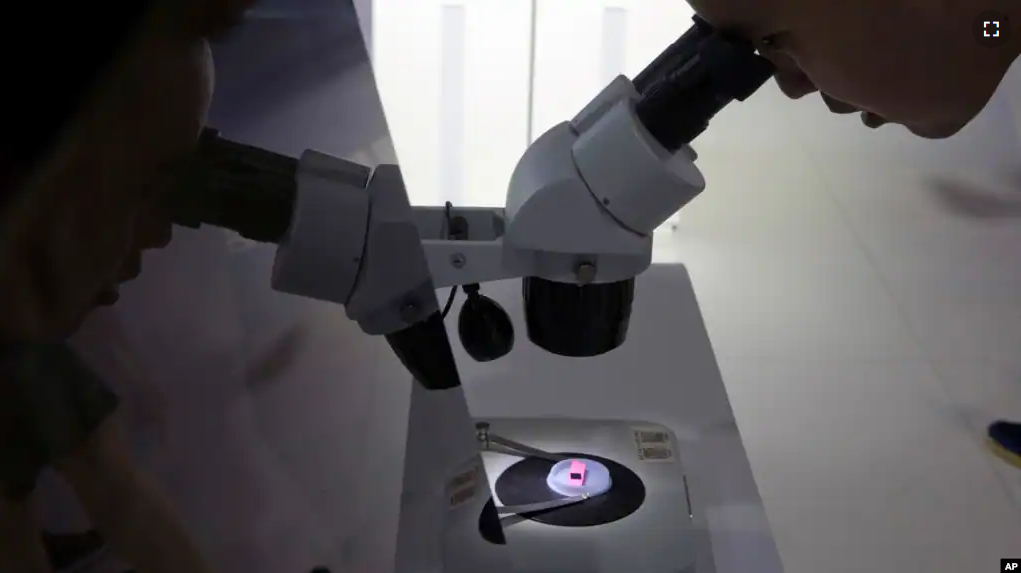The European Council gave final approval Tuesday to the European Parliament’s plan to expand semiconductor production in Europe.
Semiconductors are computer chips which are important for everything from washing machines to cars.
The EU’s new law supports its larger aim of decreasing its dependence on Asian manufacturers for computer chips.
The EU’s Chips Act will provide $47 billion in public and private funds and permit state aid for Europe’s semiconductor industry.
EU leaders want to make money available for new semiconductor manufacturing. The EU’s goal is to double the 27-nation group’s share of the world’s semiconductor production to 20 percent by 2030.
Asia produces most of the world’s semiconductors. The important part Asian chipmakers play became clear during the COVID-19 pandemic. Western manufacturers blamed problems with supply chains for shortages of cars, smartphones, and medical devices.
Governments in Europe and North America are now trying to balance their use of suppliers. The U.S. launched its own $52 billion Chips Act, and Britain has a smaller $1.2 billion chip plan. Companies like Intel have announced large expansion plans for Europe.
The EU Chips Act will take effect after it is published in the Official Journal of the European Union.
I’m Jill Robbins.
Gregory Stachel adapted this story based on reporting from The Associated Press.
________________________________________________
Words in This Story
chip – n. a very small piece of hard material (often silicon) that contains many electronic circuits and is used in manufacturing electronic devices
fund – n. an amount of money that is used for a special purpose
supply chain – n. a network of businesses that supply the materials and parts needed to provide people with products and goods
